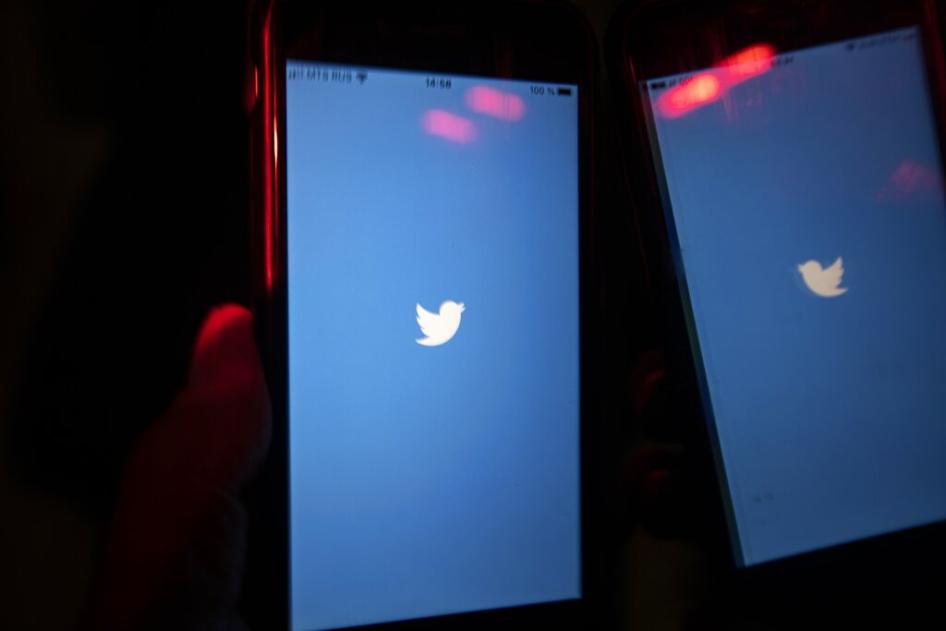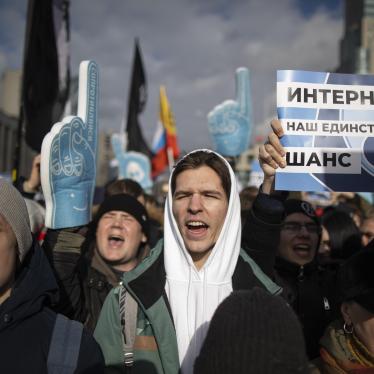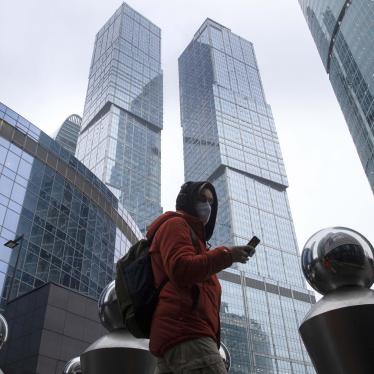Today, Russian authorities claimed they slowed down access to Twitter in Russia in response to the social media site’s failure to take down allegedly illegal content. Russian authorities have listed Twitter as a “threat” and have said they might block it altogether if it does not censor such content.
Earlier this year, the government pressured Twitter and other major tech companies to censor calls for participation in peaceful unsanctioned protests against corruption and in support of the jailed opposition figure Alexei Navalny. The authorities fined social media platforms and threatened to block them if they failed to censor posts on protests.
Roskomnadzor, the state body for media oversight, said the forced slowdown targets only video and image files on Twitter, rather than the tweets themselves. Some internet service providers reported an overall slowdown in access to Twitter.
The slowdown is to be facilitated by Deep Packet Inspection (DPI) technology, which can be used to filter, reroute and block internet traffic. This is not the first time authorities have tried to block social media platforms for failure to comply with oppressive laws. However, this is the first reported attempt to restrict access to a large social media platform facilitated by this technology.
Russia’s 2019 Sovereign Internet Law obliged internet service providers to install DPI technology in networks, enabling the state to exercise direct control over traffic. Internet experts have criticized DPI technology for facilitating censorship and disruptions with no oversight.
Following Roskomnadzor’s statement about slowing access to Twitter, access to some government websites was disrupted, including websites of the State Duma, the Security Council, the Kremlin and Roskomnadzor itself. Access to these websites was later restored. Some private websites and online payment services also reported disruptions.
According to Roskomnadzor, these disruptions were caused by technical problems of Rostelecom, Russia’s largest internet service provider, and were not connected to the forced slowdown of Twitter.
The slowdown of Twitter, with the use of DPI, runs contrary to net neutrality, the principle that internet service providers should treat all internet communications equally and without discrimination. Russian authorities should stop pressuring social networks to censor online content, including through the use of DPIs, in violation of privacy, freedom of expression, and access to information.









